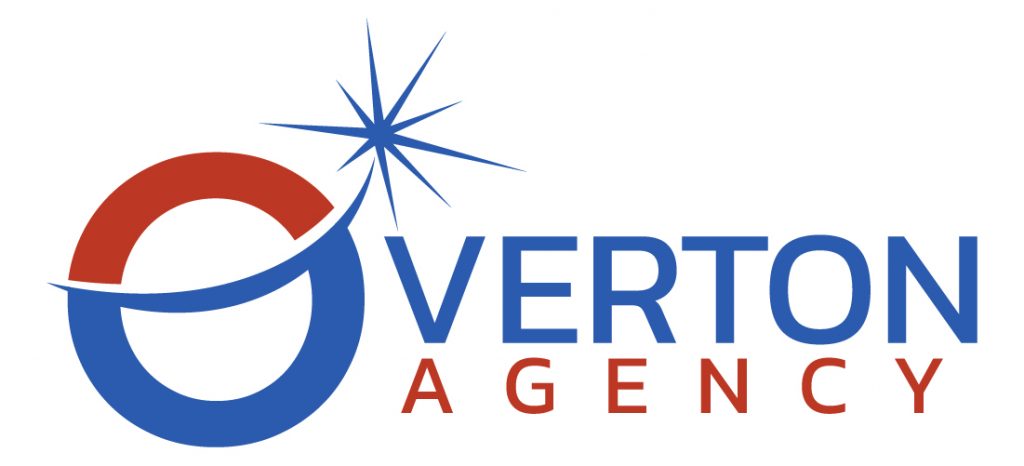Medicare provides important health coverage, but it doesn’t pay for everything. Original Medicare (Parts A and B) covers a lot, yet it still leaves people with out-of-pocket costs like deductibles, coinsurance, and copayments. These Medicare out-of-pocket costs can change every year, making it harder to predict future medical expenses.
This is where Medicare Supplement Insurance (Medigap) helps. These private insurance plans help cover out-of-pocket costs that Medicare doesn’t pay. Plans offer coverage for many of the costs not covered by Original Medicare, reducing financial burdens for beneficiaries.
For help choosing the right Medigap plan, contact Overton Agency, LLC, at Our experts can help you find the right coverage based on your needs.
What Are Medicare Supplement Insurance Plans?
Definition and Purpose
Medicare Supplement Insurance, or Medigap, is an optional insurance plan sold by private insurance companies. It helps cover out-of-pocket expenses that Original Medicare doesn’t pay. Since Medicare out-of-pocket costs for 2025 may rise, having a Medigap policy can provide stability.
Key Features
- Standardized Medigap Plans: These plans are labeled A through N (with slight variations in some states).
- No Network Restrictions: You can see any doctor or specialist who accepts Medicare patients.
- Guaranteed Renewable: Your coverage stays active as long as you pay your monthly premium.
- Medigap plans won’t include prescription drug coverage, so a separate Part D plan is needed.
Types of Out-of-Pocket Costs Covered
Deductibles
- Helps cover the Part A hospital deductible.
- Older plans, like Medicare Supplement Plan F, also cover the Part B deductible (only available if you were eligible for Medicare before January 1, 2020).
Coinsurance
- Covers Part A coinsurance for hospital stays and skilled nursing facilities.
- Covers Part B coinsurance for doctor visits and outpatient care.
Copayments
- Pays fixed amounts for doctor visits and medical services.
Excess Charges
- Covers extra costs if a provider bills more than Medicare’s approved rate (available in Plan G).
Foreign Travel Emergency Coverage
- Some plans help pay for emergency medical care abroad.
Benefits of Medicare Supplement Plans
Predictable Costs
- Helps manage unexpected medical bills with fixed premiums.
- Provides lower out-of-pocket costs by covering Medicare out-of-pocket expenses.
Comprehensive Coverage Options
- Plan G and Plan N offer high coverage levels, reducing financial stress.
- Plan L covers a portion of out-of-pocket costs but with lower premiums.
Flexibility
- See any doctor or specialist who accepts Medicare without referrals.
- Medicare Select policies may offer lower premiums if you agree to use specific network providers.
Portability
- Plans cover you nationwide and offer some emergency coverage abroad.
For personalized advice on selecting a Medigap plan, contact Overton Agency, LLC, at 1201 Oak St, Conway, Arkansas.
Choosing the Right Medicare Supplement Plan
Factors to Consider
- Health needs and expected medical costs.
- Budget for monthly premiums vs. out-of-pocket costs.
- Available plans in your state.
Popular Medigap Plans
- Plan G: Covers almost everything except the Part B deductible.
- Plan N: Has lower premiums but requires copays.
- Plan L: Covers 75% of certain out-of-pocket Medicare costs and has an annual out-of-pocket maximum.
Enrollment Periods
- Medigap Open Enrollment Period lasts six months after enrolling in Medicare Part B at age 65 or older.
- Preexisting conditions are covered after a six-month waiting period unless you had prior coverage.
Costs Associated with Medigap Plans
Premium Costs
- Costs varies by plan, provider, location, and age.
- Can range from under $50 to over $200 per month.
- Medicare will pay its portion, while your plan will pay the rest.
Trade-Offs Between Premiums and Coverage
- Higher premiums mean lower out-of-pocket costs.
- Lower premiums mean more cost-sharing.
Limitations of Medigap Plans
Not Compatible with Medicare Advantage Plans
- Medigap works only with Original Medicare, not with Medicare Advantage Plans (Part C).
Exclusions
- Medicare doesn’t cover certain services like dental, vision, and hearing aids, and Medigap plans generally do not either.
- Plans sold after 2005 don’t cover the Part B deductible, except for Plan F (only available to those eligible for Medicare before January 1, 2020).
- Medicare contract requirements ensure that Medigap plans won’t cover prescription drug costs, so a separate Part D plan is needed. Need help with Medicare coverage? We can help you pick the best health insurance, whether it’s plan k, part a and part b, or even part d drug plan, just get in touch with us.
Real-Life Scenarios Where Medigap Helps
Hospitalization Costs
- Covers extended hospital stays beyond what Original Medicare benefits pay.
- Costs for approved services can add up, but Medigap plans can help offset them.
Chronic Illness Management
- Helps lower costs for frequent doctor visits and therapies.
- Medicare out-of-pocket costs for ongoing care can be high without extra coverage.
Emergency Travel Coverage
- Provides financial security for retirees traveling abroad.
- Some plans include foreign travel emergency benefits.
Conclusion
Medicare Supplement Insurance (Medigap) helps reduce out-of-pocket expenses not covered by Original Medicare, such as deductibles, copayments, and coinsuranceBy covering these additional costs, Medigap provides more predictable healthcare expenses and reduces financial risks associated with medical care.
To explore and compare Medicare plans tailored to your needs, utilize the Medicare Plan Finder. For personalized guidance in selecting the best Medigap plan within your budget, contact Overton Agency, LLC at 1201 Oak St, Conway, Arkansas, or call .
